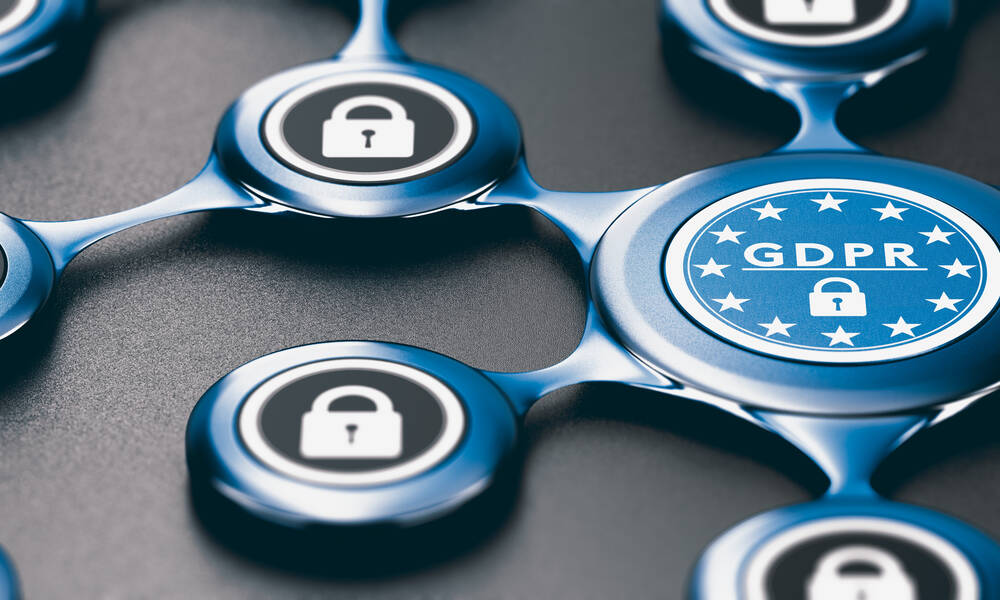
Report: Event Planners Still Struggling With GDPR Compliance
New research from Eventsforce finds that GDPR, the European Union’s data protection law, has changed how event planners handle data, but compliance challenges remain.
A year after the European Union’s General Data Protection Regulation took effect, the events industry is still struggling to figure it out.
That’s according to new research from the event management software company Eventsforce, which found that four in five survey respondents have faced challenges in complying with the regulation. Just 10 percent of respondents said they saw no real effect from GDPR.
The law has changed the behavior of many event planners and their organizations, the study found. Forty-one percent of respondents said they had better data management practices, 40 percent had improved their data security checks, and 22 percent promoted their stronger data policies.
A full 44 percent of planners said they share less data with third parties, while 26 percent capture less data from attendees, and 25 percent perform GDPR checks on suppliers.
“Our research shows that despite the ongoing challenges event organizers are still facing around GDPR, the regulation has also brought about a number of positive changes to our industry, especially with regards to event marketing, data management, and data security,” Eventsforce CEO George Sirius said in an emailed news release.
One real-world impact is a change in how planners use data. The study found that 17 percent of respondents have improved the quality of their mailing list, while another 12 percent have stopped buying email lists altogether.
These changes may have improved the picture for some organizations, but challenges remain. One involves privacy policy management and attendee consent, an issue cited by 36 percent of respondents. Three in 10 said assessing vendors’ GDPR compliance is still a challenge, and 28 percent said a lack of control over what third parties do with data is also troublesome.
Sirius said these issues underline the importance of a robust data management strategy.
“Having these processes in place will not only minimize the risk of noncompliance but also provide an opportunity to show attendees that [meeting planners are] looking after their information properly,” he added. “Building this kind of trust is the whole point of GDPR and will be key in deciding which organizations people choose to deal with in the future.”
The study of 110 event professionals included U.S. and U.K. meeting planners working in a variety of sectors, including associations, government, and corporations.
A full infographic is available on the firm’s website.
(Olivier Le Moal/iStock/Getty Images Plus)






Comments